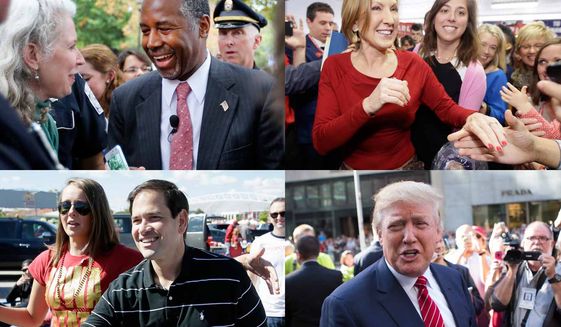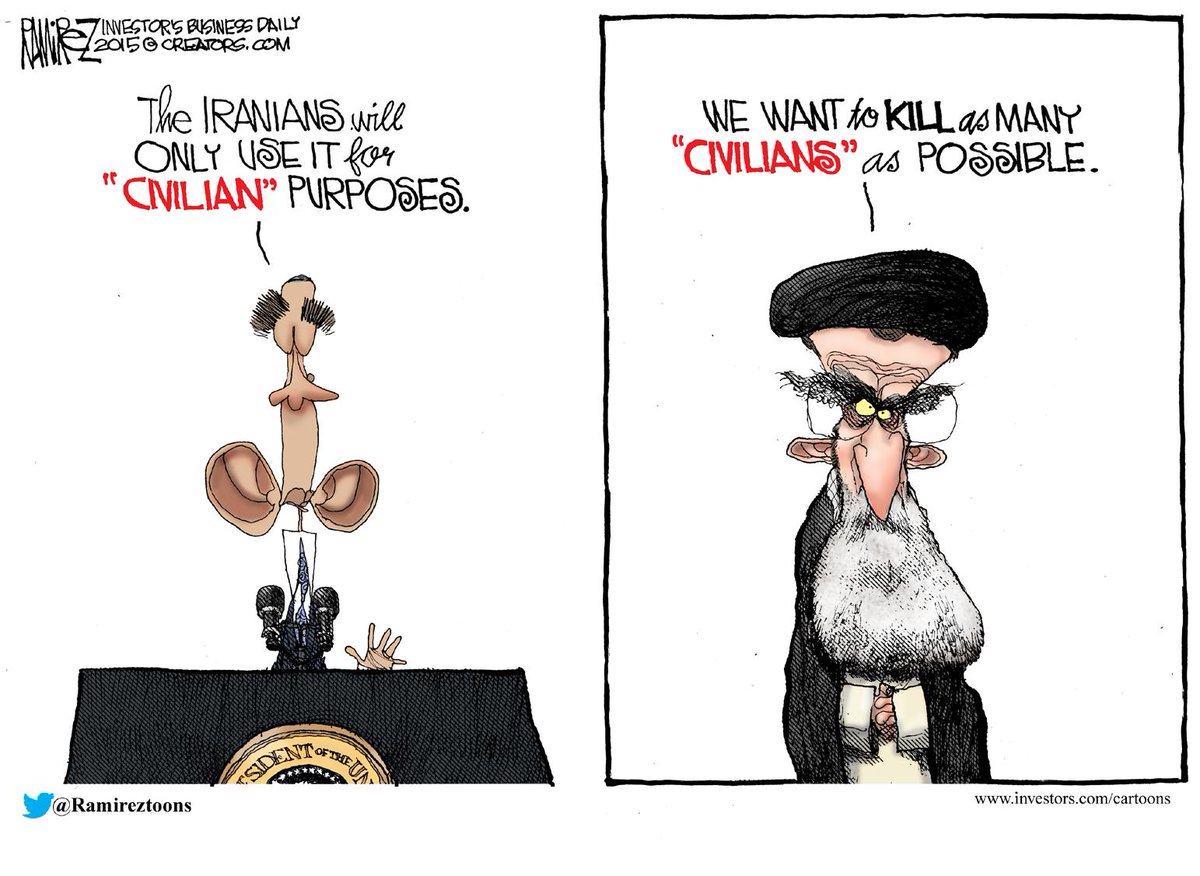 The below article from Open Secrets will shed some light on soon to be former Speaker John Boehner and how he was able to maintain support within Congress and the Republican Party.
The below article from Open Secrets will shed some light on soon to be former Speaker John Boehner and how he was able to maintain support within Congress and the Republican Party. Most of all you will see the Speaker position is rarely about "conservatism." Right or wrong, a Speaker position is more about being able to hold together a coalition of supporters than it is spreading or doing conservative things.
Boehner was able to hold the his coalition of supporters together through years of building a huge fundraising machine and political patronage. Much of this fundraising and patronage was at the expense of conservative voters.
From Open Secrets -- (Emphasis Added)
Whatever else is said about him, you can’t say he didn’t share.
Rep. John Boehner (R-Ohio) raised $97 million for his House campaigns and leadership PAC from the time he received his first donations in 1989, Center for Responsive Politics data shows — far more than any other sitting House member. Only Sens. John McCain (R-Ariz.) and Lamar Alexander (R-Tenn.) have raised more in their careers, and both of them have been presidential candidates.
But the soon-to-be-former speaker’s political money profile depicts a party leader trying to raise most Republican boats with his fundraising tide. No current lawmaker, House or Senate, has given away more money to the party and its congressional candidates, a total of $41.1 million from his campaign committees and PAC — nearly double the gifts of the No. 2 on that list, Rep. Steny Hoyer (D-Md.).
Where’d all the loot come from? Boehner received contributions from every state in the country. Even when facing an opponent in name only in 2012 — one who spent no money against him — the speaker laid out $21 million that cycle. But he gave most of it — nearly $12 million — to the National Republican Congressional Committee. In 2014, Boehner gave $8.3 million to the NRCC from his campaign account.
Still, Boehner’s power to direct traffic in Congress made him highly popular in the Washington, D.C. metro area in every election since he assumed the post. Boehner’s Washington fundraising totals jumped from $252,555 in 2010, the year his party took over the House, to $805,481 in 2012 and $707,292 in 2014. In fact, almost five years as speaker were enough to make Washington and its environs Boehner’s all-time top metro area for fundraising at $2.5 million — edging out the $2.4 million he received from the Cincinnati area back in his home state.
Washington’s desire to shower leaders with cash may make for a kind of catch-22 for politicians who need money for the party, not just themselves, yet have to corral members for votes amid an anti-establishment revolt among Republicans. The geography of Boehner’s contributions mirrors more conservative lawmakers’ critiques of the speaker as a Republican too comfortable with Washington’s political culture.
Similar reproaches launched by a relatively unknown outsider helped oust Boehner’s former second-in-command, former Republican House Majority Leader Eric Cantor, in 2014. Rep. Dave Brat (R-Va.), who beat Cantor in part by pillorying him for being too cozy with the Washington money machine, is now a member of the House Freedom Caucus, the far-right wing trying to pull Republican leadership in their direction.
Perhaps like Boehner, Cantor’s generosity with the money he raised couldn’t overcome the criticism: Only Cantor’s PAC gave away more to fellow Republicans than Boehner’s leadership PAC in 2014. Of the 25 lawmakers who voted against Boehner for speaker earlier this year, 19 had received money from Boehner’s leadership PAC.
Majority Leader Kevin McCarthy (R-Calif.) is the name most frequently mentioned as a possible successor to Boehner, and the outgoing speaker game McCarthy his blessing today. But McCarthy may well not be radically right enough for the Freedom Caucus. The top 10 donor industries to both men look remarkably similar; in fact, they share seven in common: securities & investment (aka Wall Street), insurance, real estate , oil & gas, lawyers & law firms, electric utilities and health professionals.


























